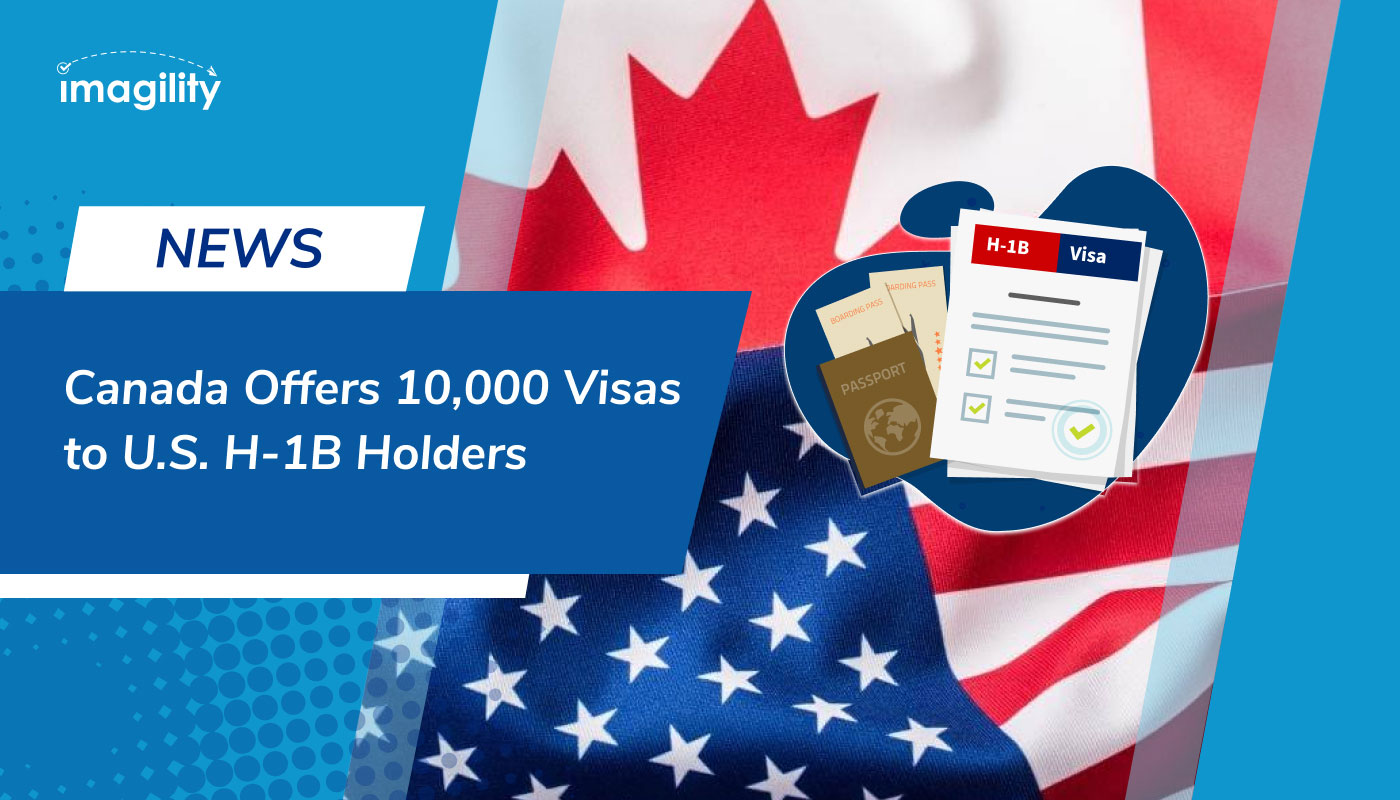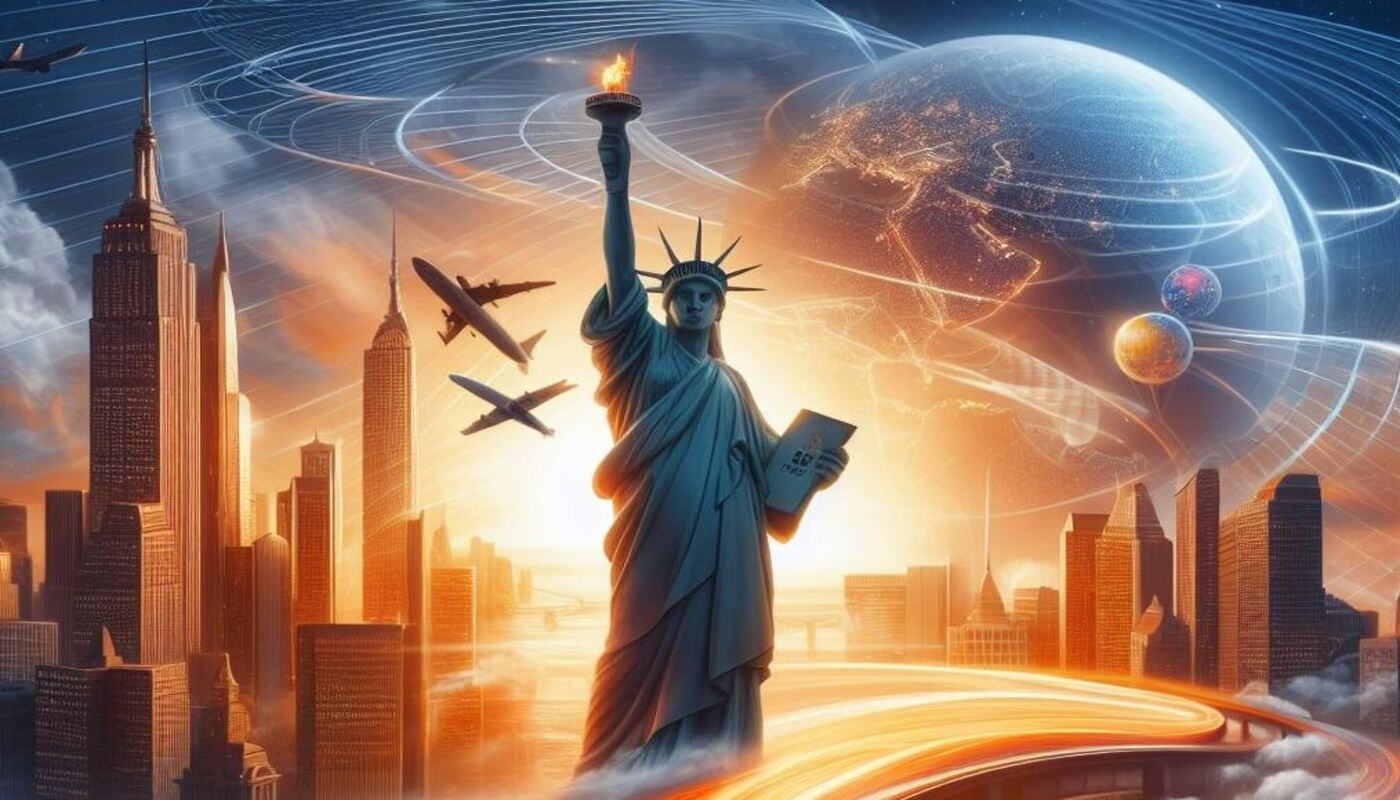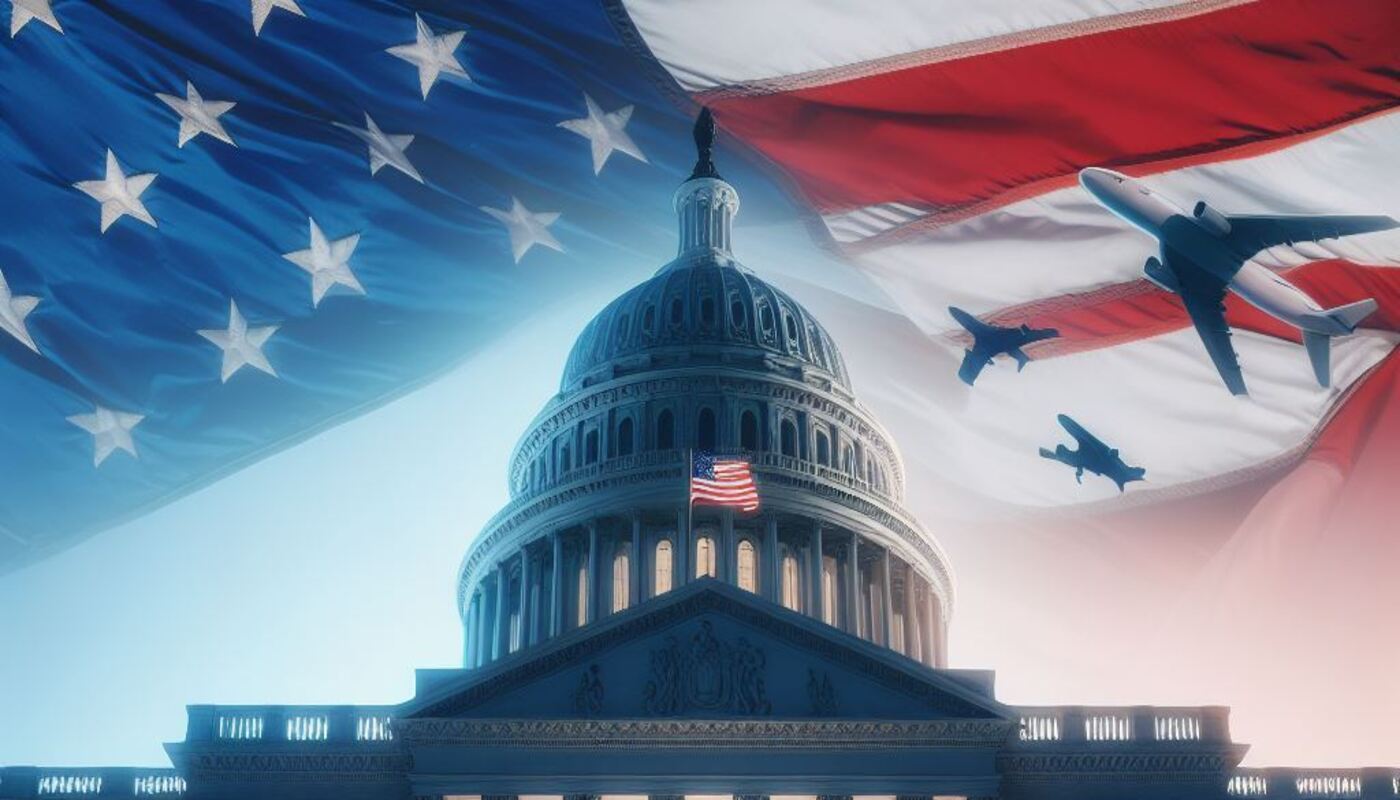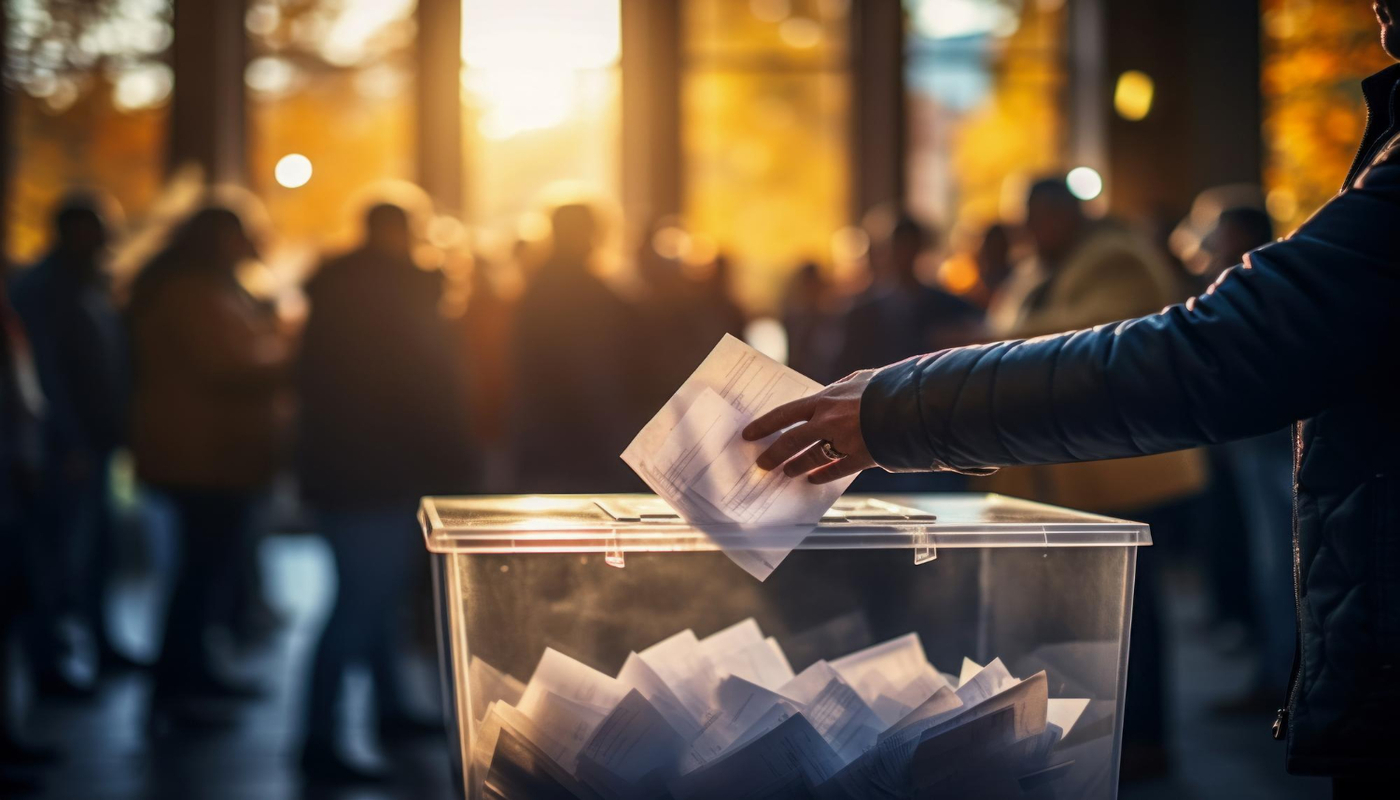The United States is gearing up for significant immigration reforms in the upcoming year, with 2024 anticipated to bring about new policies concerning H-1B visas and green card backlogs.
Anticipated H-1B visa reforms in 2024 include changes to the H-1B lottery system. Starting March 2024, the selection process is set to undergo modifications, following the announcement of policy changes by the U.S. Citizenship and Immigration Services on October 23, 2023. The USCIS aims to address the issue of multiple submissions by the same individual, which has led to a surge in registrations for FY24. The proposed update suggests selecting H-1B registrations based on unique beneficiaries, and utilizing passport information to eliminate duplicate entries. This adjustment aims to enhance the fairness and efficiency of the selection process.
A special visa for AI professionals is also under scrutiny, as experts express concerns over the Biden administration’s rule requiring a specific educational background for specialty occupations. Critics argue that such restrictions may hinder the attraction of AI talent, contradicting President Biden’s AI executive order issued on October 30, 2023.
Additionally, USCIS has proposed substantial increases in H-1B visa and immigration fees. The proposed fee adjustments include a new Asylum Program Fee of $600 and significant hikes in the H-1B Electronic Registration Fee and other related fees. The final rule, expected to be published in April 2024 or later, could have profound implications for employers filing nonimmigrant and immigrant petitions.
Starting January 29, 2024, a Domestic Visa Renewal Pilot Program for H-1B visa renewals will be initiated, benefiting Indian and Canadian nationals. However, the program is limited to 20,000 visa holders and excludes dependents of H-1B professionals.
Looking ahead, the Department of Homeland Security (DHS) has outlined plans for regulatory actions in August 2024, including a proposed rule on employment-based immigration. The rule aims to modernize outdated provisions, clarify evidentiary requirements, and bring about various changes affecting individuals of extraordinary ability, outstanding professors and researchers, and others.
Source: MSN



















